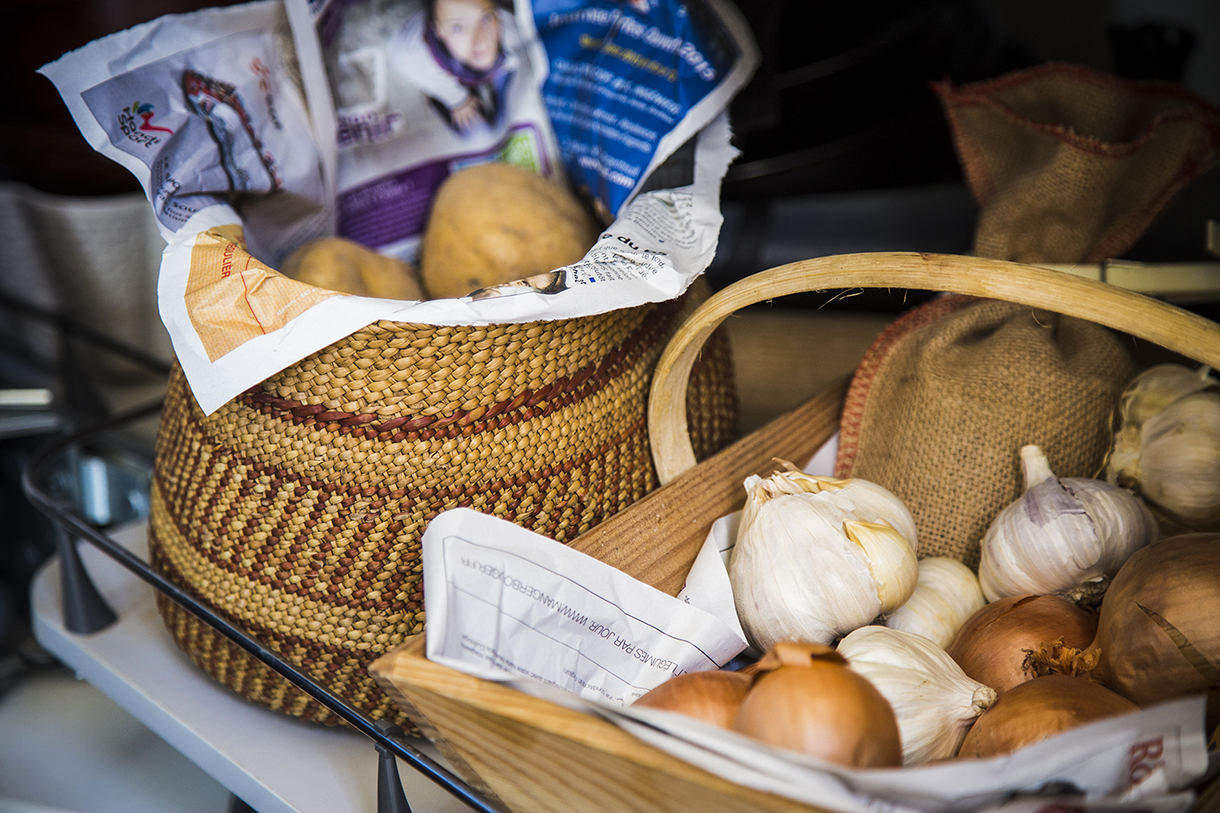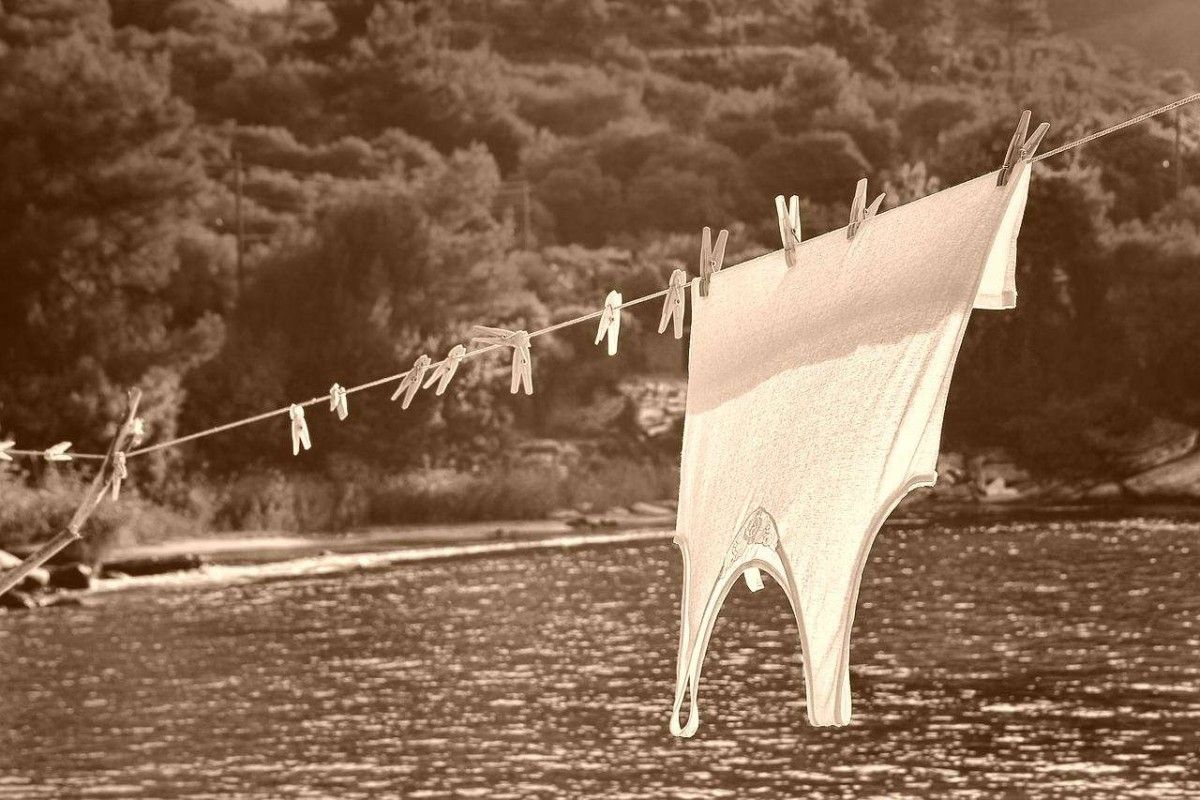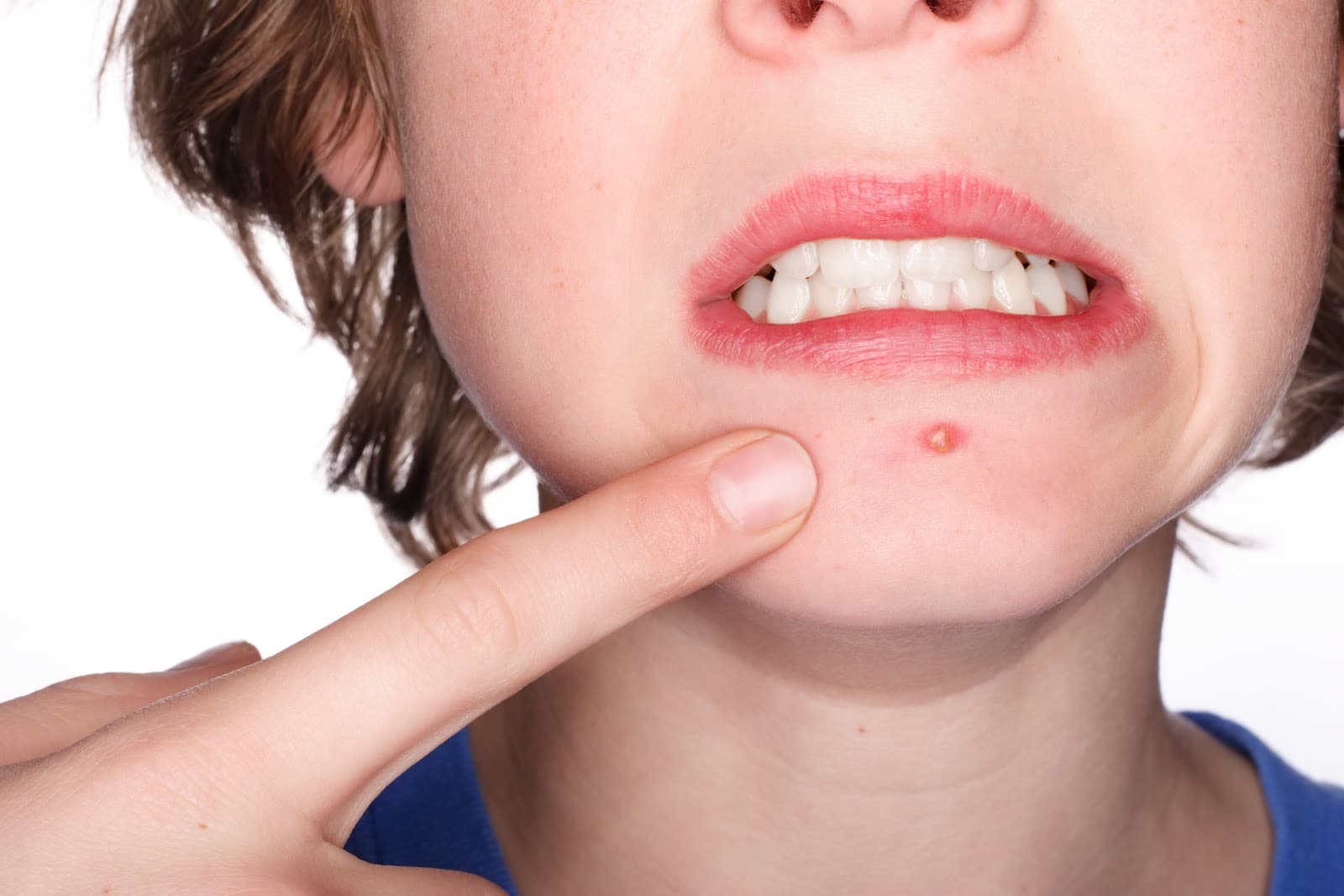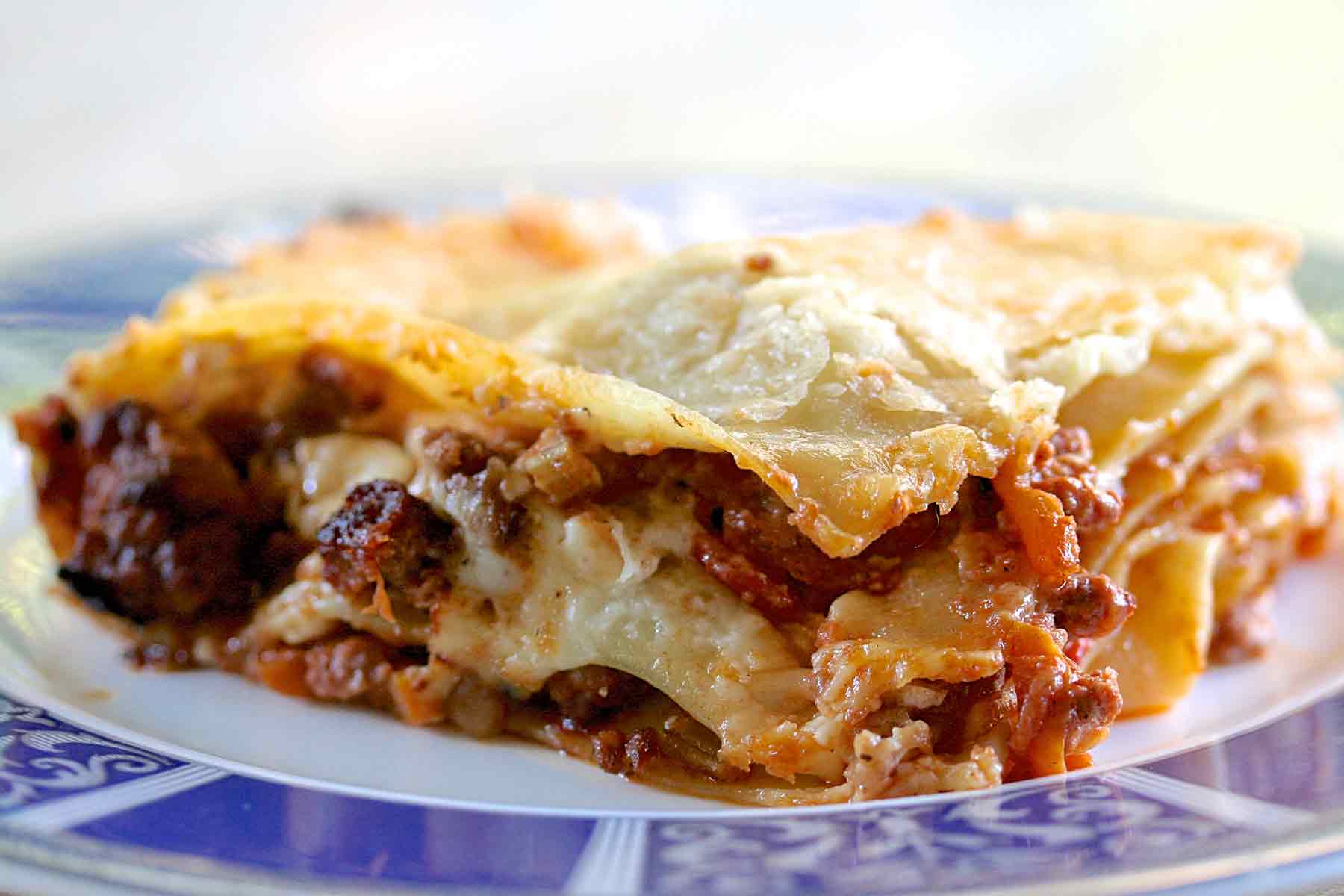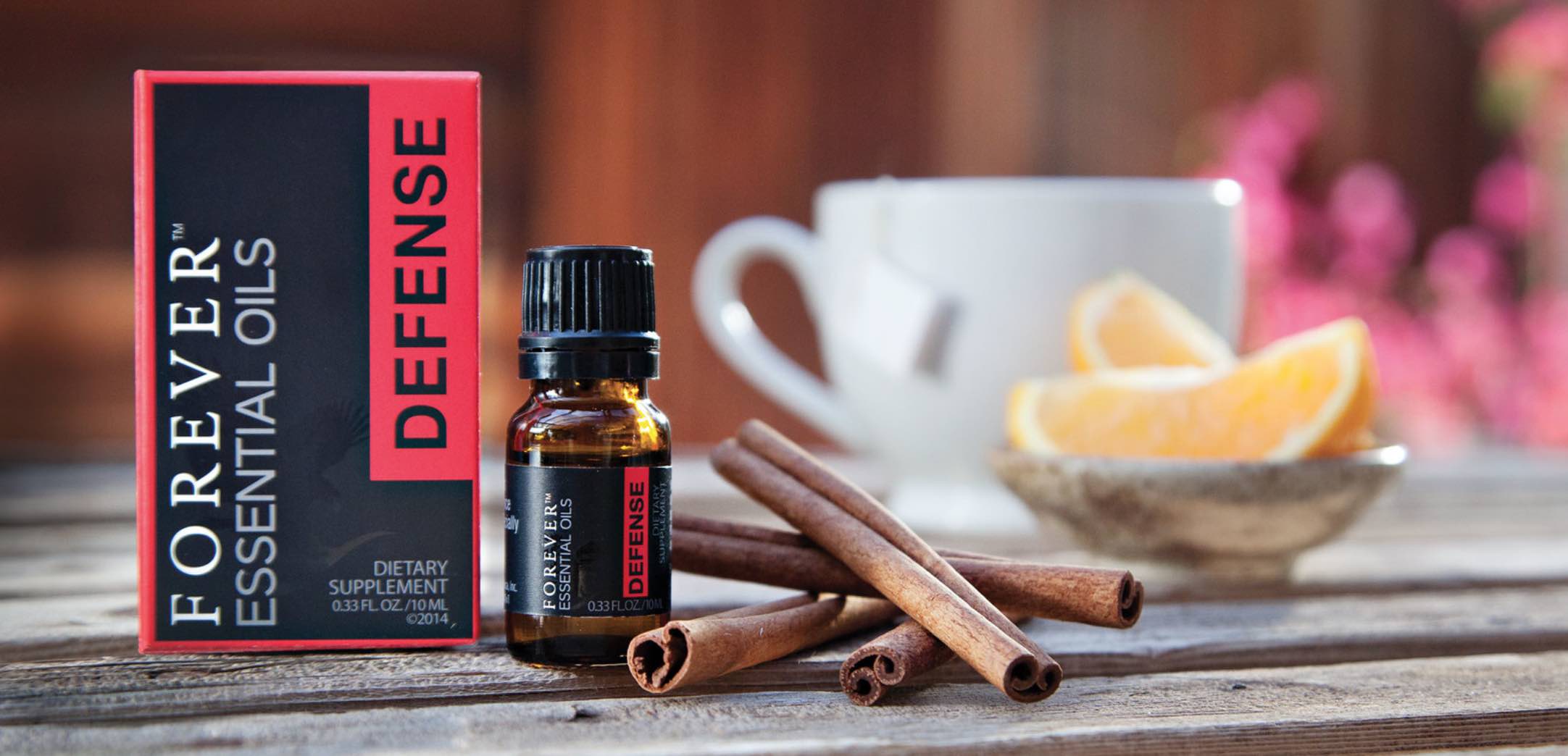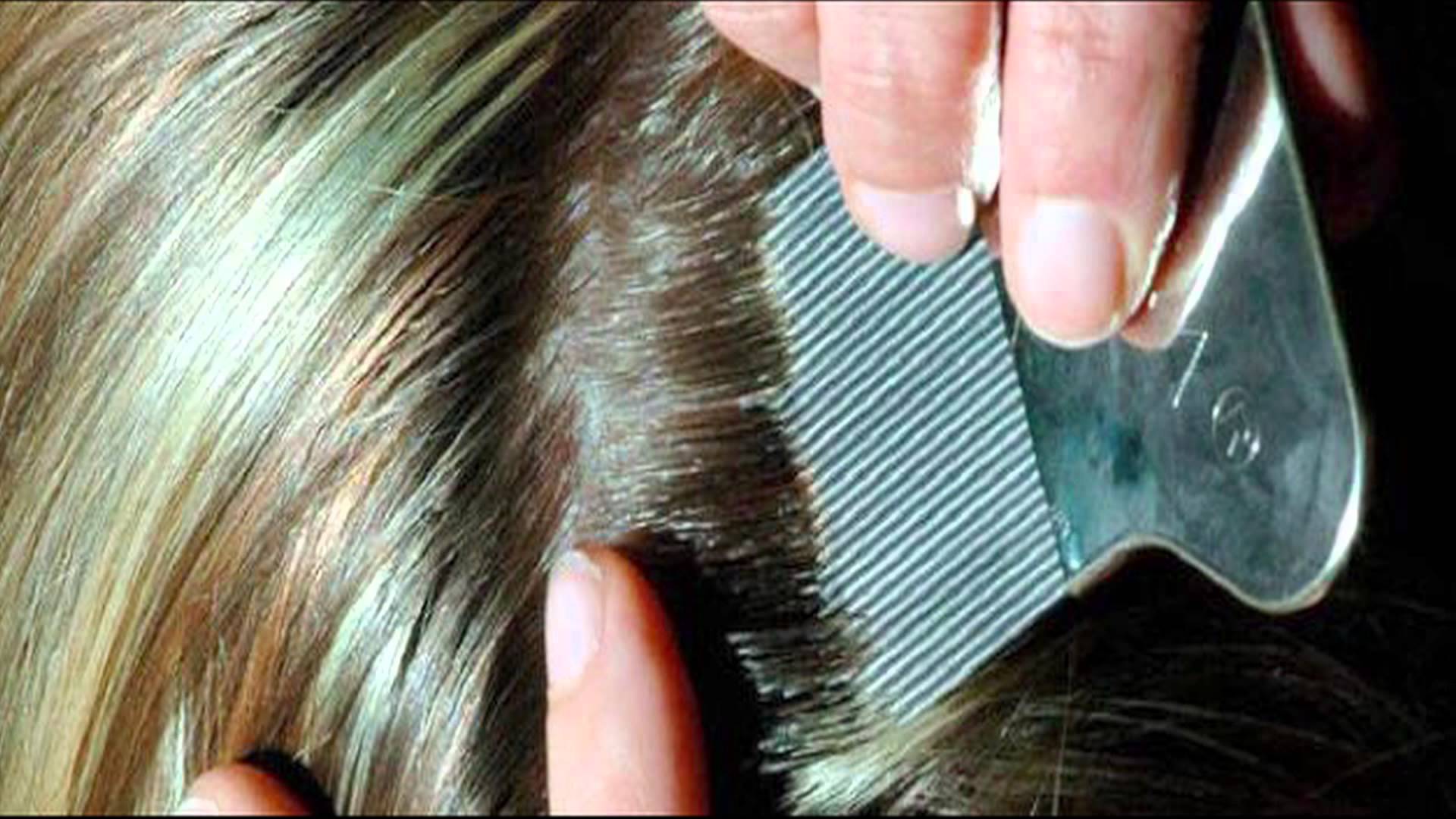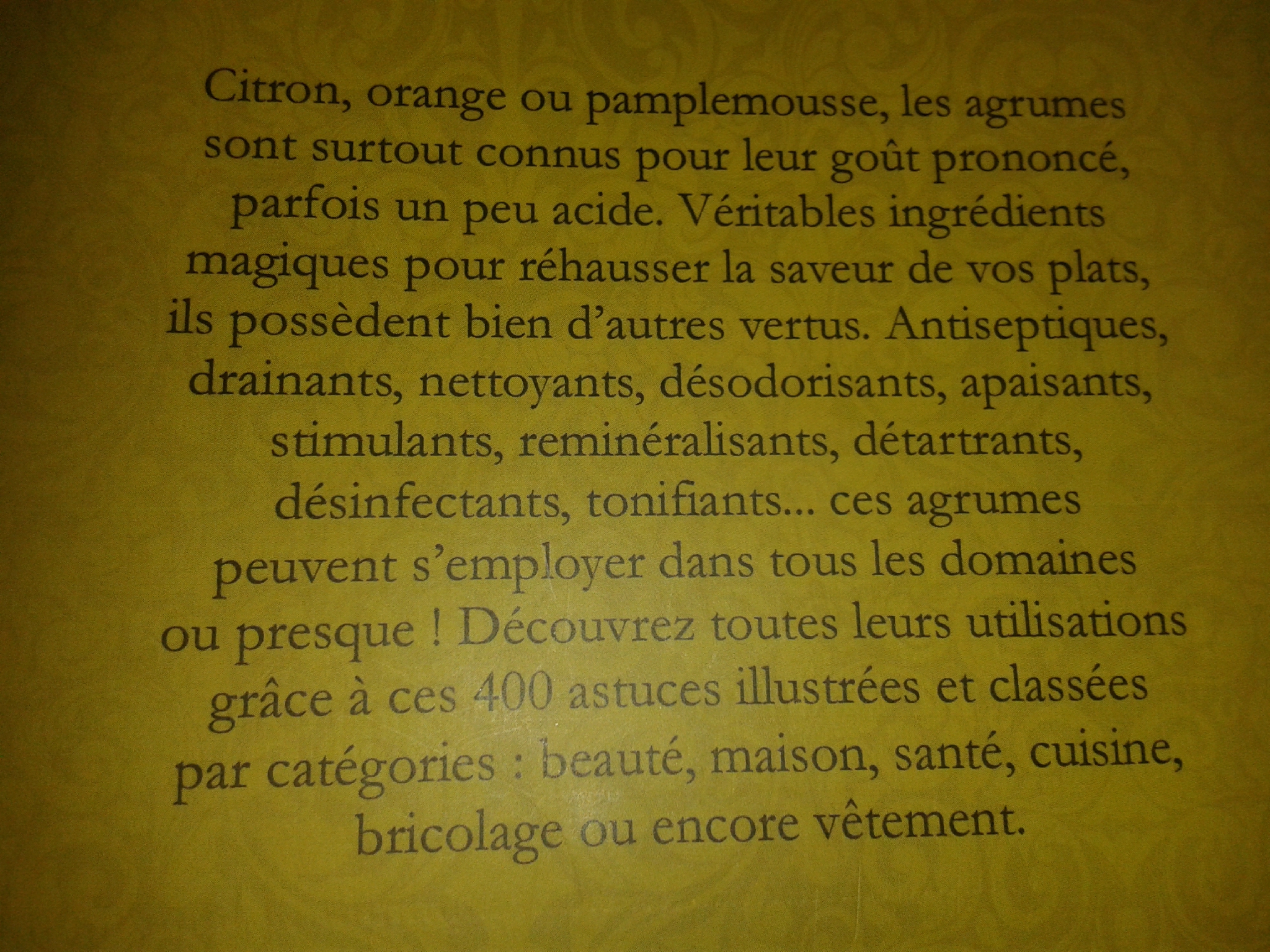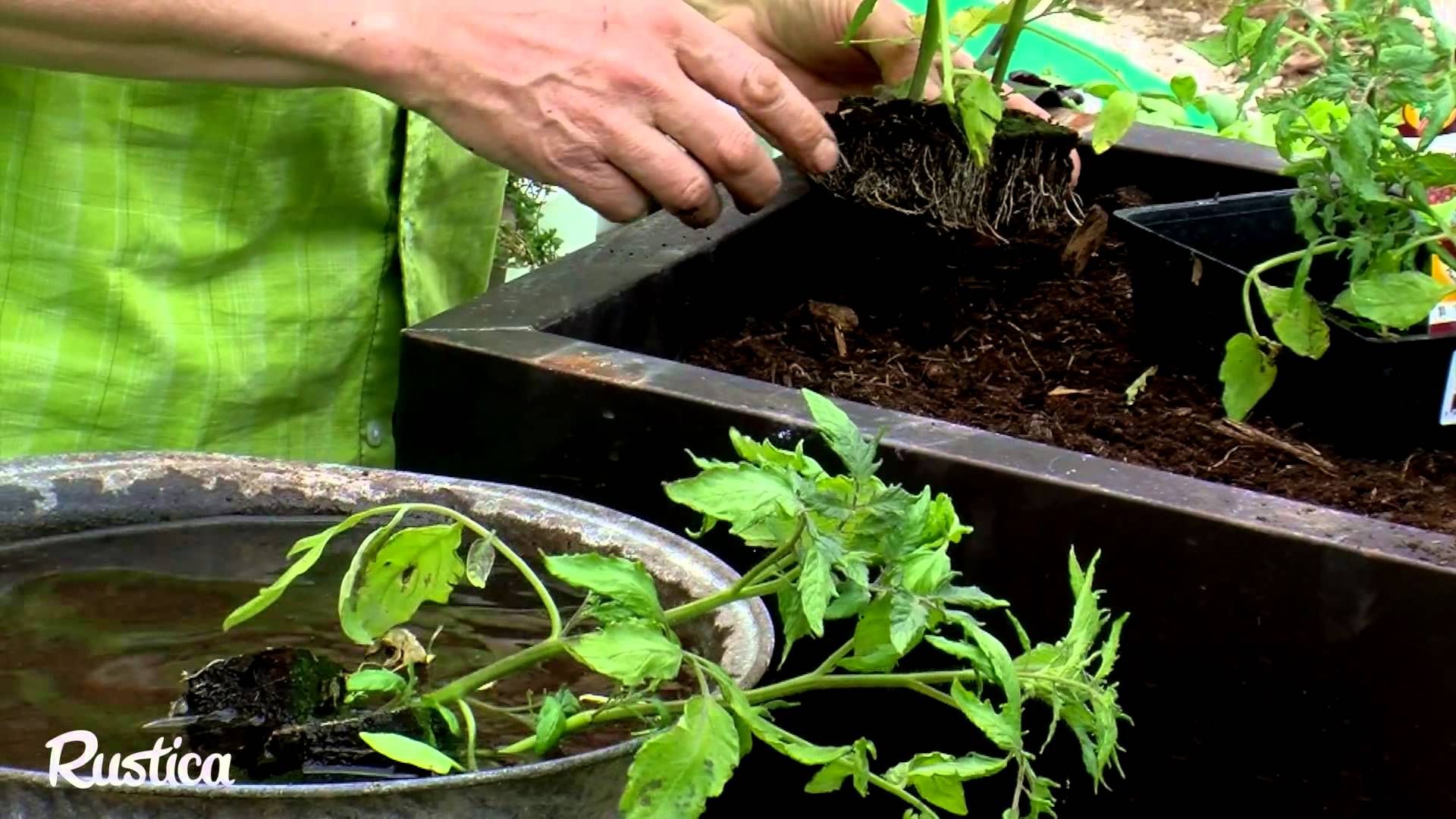13 Questions Everyone Has About VINEGAR.
Apple cider vinegar, white vinegar, balsamic vinegar ...
Vinegar is an incredible product with multiple uses.
In the kitchen or for the home, it is absolutely essential.
At comment-economiser.fr, it is one of our favorite natural products.
But ultimately, how well do we know vinegar? Not so sure...
here is 13 questions (and their answers) that everyone has about vinegar. Look :

1. What is vinegar?
To put it simply, vinegar is "sour wine", in other words a wine that has turned.
More precisely, it is wine (or any other alcohol), which gave acetic acid while fermenting.
It is composed of a majority of water at more than 90%, a dose of acetic acid (5 to 8%) and a little alcohol.
2. How many kinds of vinegar are there?
White vinegar, cider vinegar, wine vinegar and balsamic vinegar ... These are the best known.
But there are plenty of others! Some are classic, others more exotic or even downright surprising.
A lot of vinegar is made from fruits or grains.
We can cite, for example, colored alcohol vinegar, sherry vinegar, rice vinegar, red or white wine vinegar, honey or date vinegar, etc.
And it's not over !
There is also the vinegar of mango, fig, prickly pear, sugar cane, pear, beer, grapefruit, maple syrup, palm, not to mention Banyuls vinegar.
Not to mention the flavored vinegars: with thyme, garlic, herbs, raspberry, walnuts, lavender ...
So there is no limit, apart from the imagination, to make vinegar!
To discover : White Vinegar, Alcohol Vinegar, Household Vinegar: What's The Difference?
3. How to make your own vinegar
Yes, and it's easy! There are 2 grandma's recipes for making vinegar.
The first is to make it entirely yourself from fruit. As for example with leftover apples for apple cider vinegar. Find out how to do it here.
And the second recipe is made with the leftover wine bottles. We explain how to do it here.
You can also easily make apple cider vinegar from apple juice. Find out how here.
Or, simply flavor and flavor apple cider vinegar or alcohol with fruits, spices, shallots, raspberries or herbs.
And if you're curious, we also explain how white vinegar is made.
4. Where to buy your vinegar?
Whether called white, alcohol or crystal vinegar, it is very easily found in supermarkets, DIY stores and grocery stores.
It is not only multi-use for cleaning the house or the garage, DIY, gardening, but above all it is ultra economical.
It is sold in most cases in a 1 liter bottle or in a 5 liter container, especially in Canada.
For other vinegars, such as cider vinegar, balsamic, scented or flavored vinegars, go to a supermarket, organic stores, delicatessens.
You will also find it on the market or from local producers.
5. How much does it cost?
The good news is, it costs next to nothing!
White vinegar has a quality / price ratio that defies all competition.
It is generally sold between 30 and 50 cents per liter.
Discover our price comparison by supermarket here.
The other vinegars are sold much more expensive.
Basic vinegars are sold around 4 euros per liter.
But some can cost a real small fortune. This is the case with balsamic vinegar or sherry vinegar.
6. What to do with vinegar?
With white vinegar, the answer is simple: absolutely everything!
The possibilities are limitless !
You can clean your whole house, wash and disinfect the kitchen, descale the toilets and the bathroom, replace the fabric softener ...
But that's not all ! You can also save money on laundry, unclog the pipes, weed, descale the coffee machine.
White vinegar is also the perfect product for cleaning the fridge or microwave, repelling flies, deodorizing etc.
For grandma's remedies and homemade beauty treatments, apple cider vinegar is usually used.
So I advise you to head to our article on the subject which explains the uses of apple cider vinegar that everyone should know.
But most of the time, you can replace it with rice or wine vinegar.
Not to mention that vinegar is an essential ally for cooking delicious dishes.
7. How to store vinegar?
For the conservation of vinegar, it could not be simpler!
Once the bottle is opened, you don't even need to put it in the fridge.
Just keep it away from light in a cupboard.
With vinegar, you are sure not to mess or store it badly.
8. How long should I keep it?
Thanks to the acid it contains, vinegar is a natural preservative.
This is also why it is used to preserve pickles or herring.
Suddenly, you can imagine: vinegar does not expire. It has an almost unlimited lifespan.
Even if you see an expiration date on your bottle of vinegar, don't take it too seriously!
She is especially there to make you throw away your old vinegar (always effective and good) and to buy you a new bottle.
As has been said, vinegar is a natural preservative. There is therefore no need to add any preservative to keep it.
While reading the composition of the vinegar, if you see that a preservative has been added, put the bottle back and choose another one.
To discover : 19 Ingenious Ways To Use "Pickle Juice".
9. There is a deposit in the bottle, the vinegar changes color, is this normal?
White vinegar is a liquid that does not move or change color.
There will be no change regardless of its shelf life.
However, the appearance of other vinegars may change.
The color can change, it can cloudy and have deposits forming.
But don't worry! Your vinegar stays good and retains its properties and qualities.
10. What is the 5%, 6%, 8% or 10% percentage on the bottles?
No, although acetic acid results from the fermentation of alcohol, it is not the alcohol level of vinegar.
The percentage written on the bottles is the acidity rate for 1 liter of water.
Usually, 8% or 10% vinegar is used for cleaning, cleaning and preserving.
To learn more about the difference between the different appellations and the acidity rate, I advise you to take a look at this article.
11. How to use vinegar?
Whatever its use, cleaning, maintenance or remedy, it can be used pure or diluted.
It can also be mixed with other natural products, such as Marseille soap, baking soda or dishwashing liquid.
My advice ? Put it in a spray. You will see, it is super practical for cleaning and cleaning windows and mirrors for example.
All you have to do is spray it on the surface to be cleaned and wipe it with a sponge or cloth.
To discover : 3 Top Secret Tips For Cleaning With White Vinegar.
12. Is its acidity dangerous?
Not at all !
Contrary to what we can read in forums or on certain blogs, we can put it on the skin ...
... and even drink it without running any danger!
Obviously, it's all about measurement. It should not be abused of course or have a stomach problem.
Not to mention that it is not very good in terms of taste.
But let's not forget that we regularly ingest other very acidic products on a daily basis such as Coke or lemon.
So just do not do anything and follow all the good advice from how-economiser.fr
To discover : 5 mistakes not to make with white vinegar.
13. Is it a good green product?
White vinegar (or alcohol) is inexpensive, cleans almost everything, and is safe for the environment.
Unlike many expensive household products full of chemicals!
Most of the time, the effects of the 100,000 or so chemical molecules that make up everyday household products are not known.
The only fault that can be blamed on white vinegar is its smell.
And yet there are simple and effective solutions to scent it naturally.
One thing is certain, it will not poison you!
To discover : Bleach Or White Vinegar: Which Product To Use For Cleaning?
Your turn...
Do you have more questions about vinegar? Ask us in the comments. We can't wait to hear from you!
Do you like this trick ? Share it with your friends on Facebook.
Also to discover:
10 amazing uses for white vinegar that no one knows about.
131 Amazing Whole Home Uses of Vinegar.

